ORNL computational study finds 15% bio-oil mixture in two-stroke marine engines can cut NOx 13% with efficiency parity
Green Car Congress
APRIL 15, 2022
A team at Oak Ridge National Laboratory (ORNL) has developed a new computational model of a two-stroke scaled marine engine, with reduced chemical mechanisms for diesel, biodiesel, bio-oil, and polycyclic aromatic hydrocarbons (PAH). This work aims to develop a computational model of a scaled marine engine. —Chuahy et al.





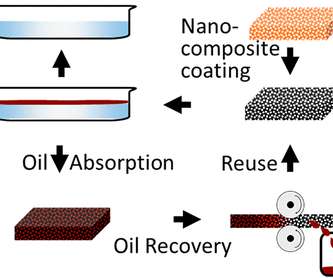











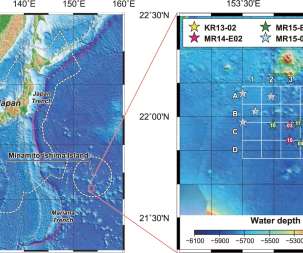

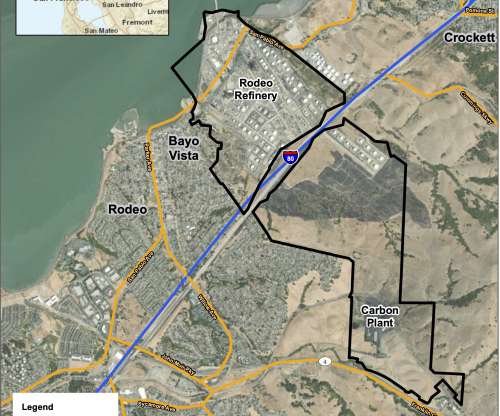
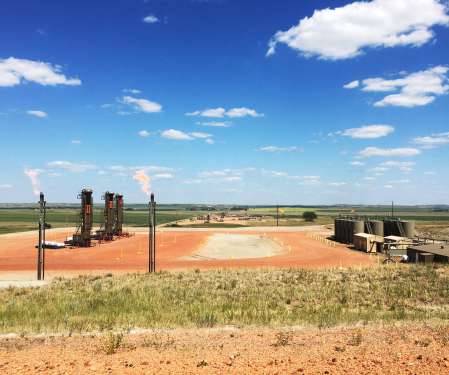











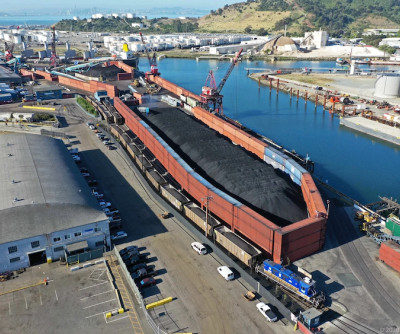

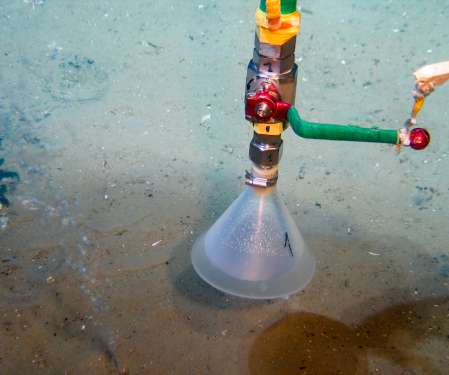






Let's personalize your content